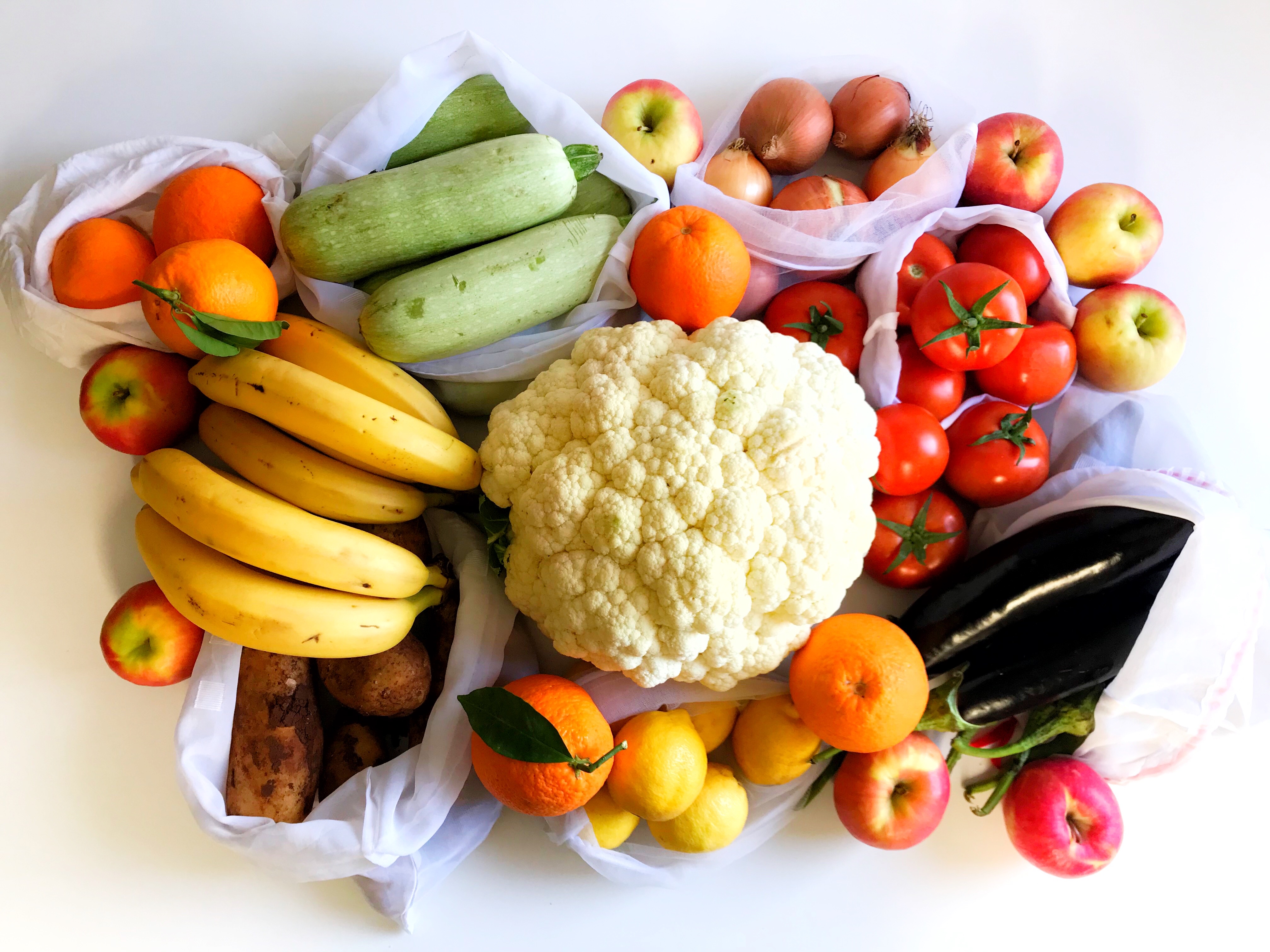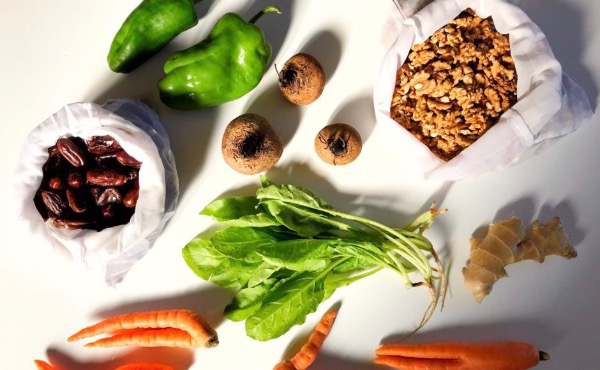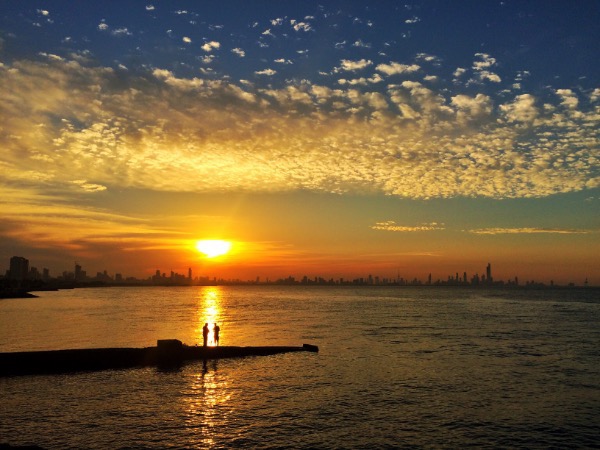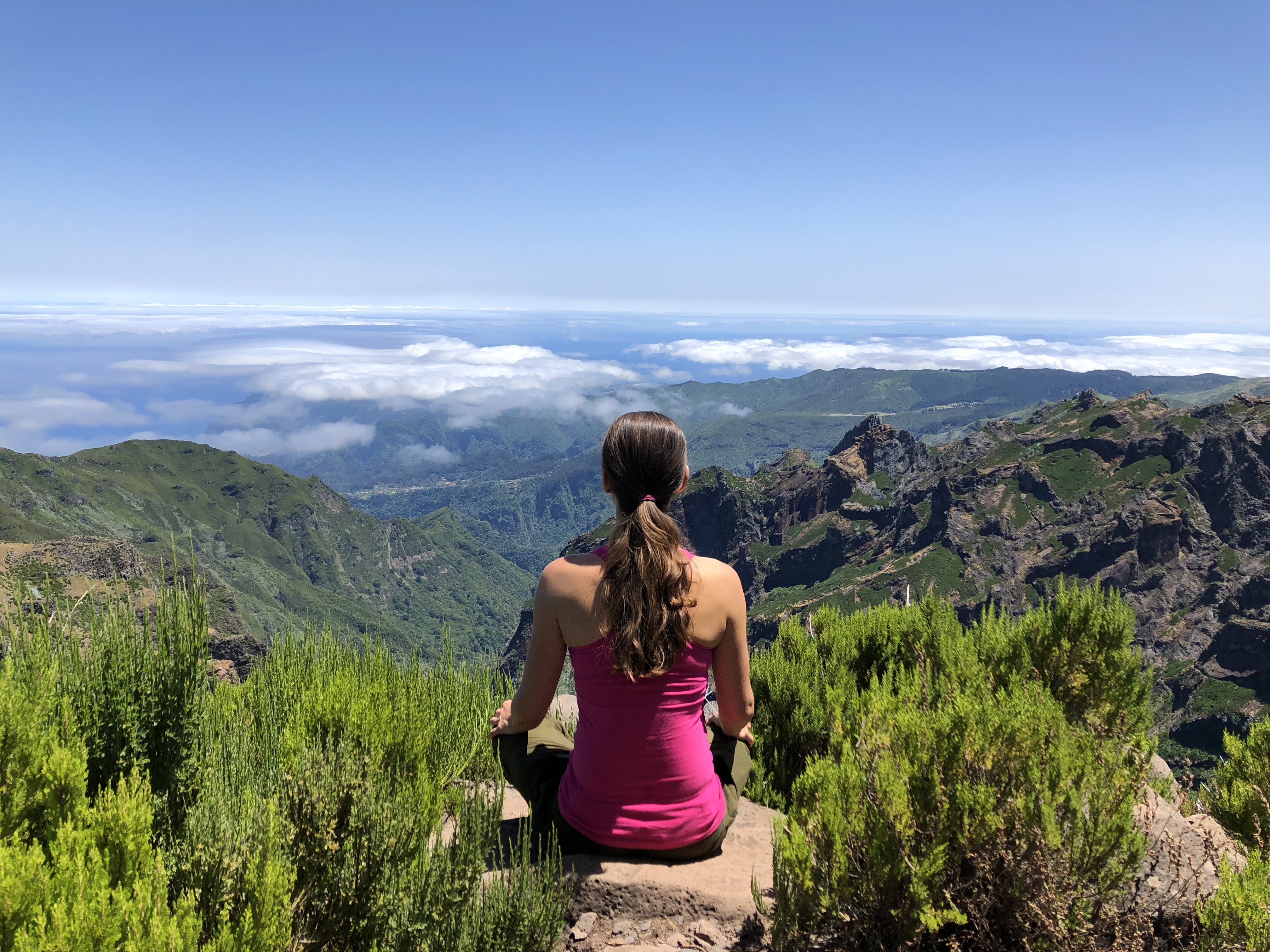World Environment Day 2020 Biodiversity
In 2020, the theme is biodiversity–a concern that is both urgent and existential. Recent events, from bushfires in Brazil, the United States and Australia to locust infestations across East Africa–and now, a global disease pandemic–demonstrate the interdependence of humans and the webs of life in which they exist. Nature is sending us a message.
Without nature, life on earth would not be possible.
WHAT BIODIVERSITY IS
Biodiversity describes the variety of life on Earth, including the 8 million plant and animal species on the planet, the ecosystems that house them, and the genetic diversity among them.
Biodiversity is a complex, interdependent web, in which each member plays an important role, drawing and contributing in ways that may not even be visible to the eye.
The abundant foods we eat, the air we breathe, the water we drink and the weather that makes our planet habitable all come from nature.
WHY BIODIVERSITY MATTERS
Biodiversity is the foundation that supports all life on land and below water. It affects every aspect of human health, providing clean air and water, nutritious foods, scientific understanding and medicine sources, natural disease resistance, and climate change mitigation. Changing or removing one element of this web affects the entire life system and can produce negative consequences.
Without nature, life on earth would not be possible.
THE IMPACT OF HUMAN ACTIVITY
Human activities have significantly changed three quarters of land surface and two thirds of ocean area.
Between 2010 and 2015 alone, 32 million hectares of forest disappeared;
and in the last 150 years, live coral reef cover has been reduced by half.
Glacial ice is melting at astonishing rates while ocean acidification grows, threatening the ocean’s productivity.
Wildlife species are disappearing tens to hundreds of times faster now than in the past 10 million years; and within the next 10 years, one out of every four known species may have been wiped off the planet.
We are on the verge of a mass extinction; and if we continue on this path, biodiversity loss will have severe implications for humanity, including the collapse of food and health systems.
IT’S TIME FOR NATURE
Reversing biodiversity loss is the only way to restore and sustain a healthy planet.
This will only be possible when we understand the web of life in which we live and appreciate that it functions as a whole system.
It is time to reimagine our relationship with nature and put nature at the heart of our decision-making.
The Convention on Biological Diversity recognises that biological diversity is critical to a healthy planet. To this end, UNEP (UN environment programme)and its partners are helping countries them develop their own National Biodiversity Strategic Action Plans. UNEP also supports important knowledge platforms on ecosystems and biodiversity such as Global Forest Watch, the Global Peatlands Initiative and the Interfaith Rainforest Initiative.
About the platform for action:
World Environment Day is the United Nations day for encouraging worldwide awareness and action to protect our environment. Since it began in 1974, the event has grown to become a global platform for public outreach that is widely celebrated in over 100 countries.
The people's day:
Above all, World Environment Day is the "people's day" for doing something to take care of the Earth. That "something" can be local, national or global. It can be a solo action or involve a crowd. Everyone is free to choose.
The theme:
Each World Environment Day is organised around a theme that draws attention to a particularly pressing environmental concern.
The host:
Every World Environment Day has a different host country, where the official celebrations take place. The focus on the host country helps highlight the environmental challenges it faces and supports worldwide efforts to address them. Colombia is hosting World Environment Day 2020 in partnership with Germany.
(All the information I have taken from worldenvironmentday.global)
THINGS YOU CAN DO IMMEDIATELY
USE & REUSE WHAT YOU HAVE ALREADY AT HOME (instead of buying new things)
DON’T BUY WHAT YOU DON’T NEED (if you need to buy something support circular economy - buy second hand or if this is not an option for you, supra ethical brands.
REDUCE OR ELIMINATE USING SINGLE USE PLASTIC (plastic bags, bottles, cups, straws, cutlery)
REDUCE OR ELIMINATE ANIMAL PRODUCTS (any meat, fish, seafood, eggs, milk, dairy)
Love 💕Inkka
Learn about
Articles - Whole food plant based lifestyle
Articles - Zero waste lifestyle
World Environment Day 2019 Air pollution





